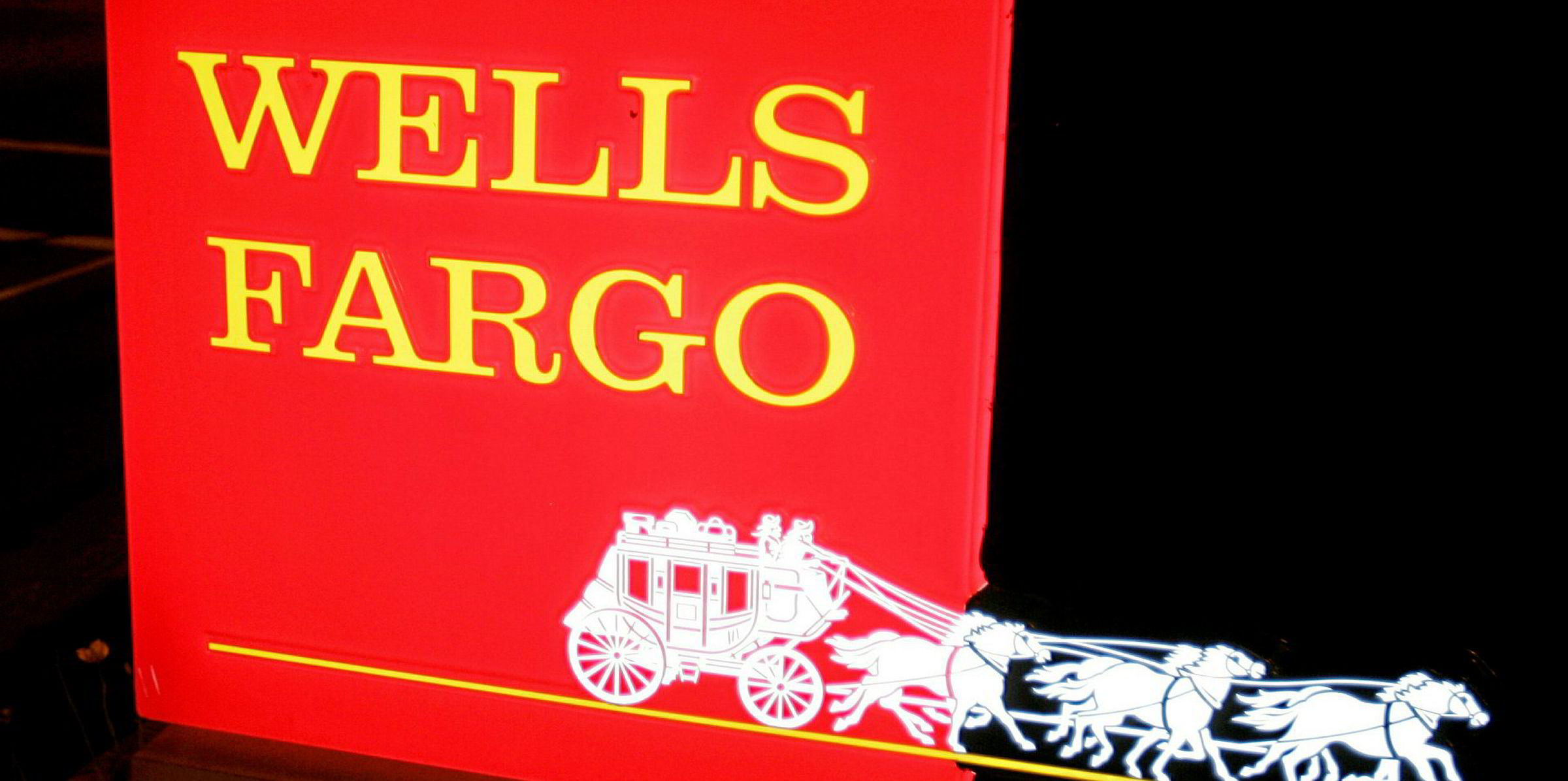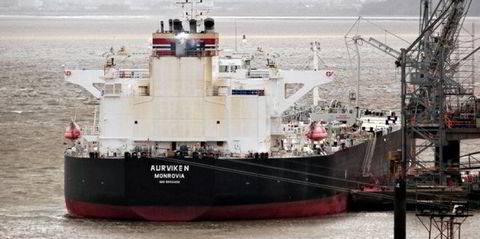Eagle Bulk Shipping has once again landed atop a pack of 52 shipowners in the annual corporate governance “scorecard” published by equity analyst Michael Webber.
Gary Vogel-led Eagle Bulk, the Connecticut-based dry bulk player, edged runner-up International Seaways, the third straight year that the two companies have finished in that order.
Irish product tanker owner Ardmore Shipping rounded out the top three, moving up two spots from 2019.
At the other end of the scale, there was room for a new bottom-place finisher with the perennial placeholder, George Economou’s DryShips, now a private company.
In steps Safe Bulkers, another Greek-based dry bulk owner. It was not a major move as Safe Bulkers had placed 54th last year in a larger 56-owner field.
Greek LPG carrier operator StealthGas and tanker owner Tsakos Energy Navigation rounded out the bottom three, again placing about where they were last year.
"We believe there is no longer a place in the public shipping markets for companies that do not prioritise strong corporate governance and capital stewardship," Webber wrote in a refrain that has accompanied each year's report, but looks ever more true at a time of increased environmental, social and governance (ESG) focus.
Webber again makes the point that the top quadrant, or 13 companies, in his rating easily outperform the full group, by 16% over five years and 41% since inception.
Meanwhile the bottom quadrant underperformed the group by 24% over three years and 25% since inception.
This is the first year that Webber’s ratings take into account whether owners are publicly reporting their fleet carbon emissions.
Each company in the top five did so, with Triton International and New York bulker owner Genco Shipping & Trading rounding out that group.

"With emissions reporting now included in the scorecard criteria, we think Mike and his team continue to evolve the matrix to focus on areas that matter to investors and stakeholders,” Vogel told TradeWinds.
Webber originated the scorecard in 2016 when he was lead shipping analyst at Wells Fargo Securities, where he served for a decade.
The analyst left the bank in summer 2019 and launched his own New York shop, Webber Research & Advisory, which is now carrying forward the tables.
Eagle Bulk was asked about getting familiar with the top spot in the rankings.
“We are very pleased to be ranked, once again, as the leading company,” Vogel said.
“We have always placed a great deal of emphasis on being a good corporate citizen, and it is gratifying to be recognised for doing what we believe is the right thing in terms of alignment with shareholders and transparency.”
Overall, only 21 of the 52 companies publicly reported their carbon emissions, although others may be on the path to doing so.
“While we’re encouraged by the level of initial participation, there’s clearly room for improvement,” Webber wrote.
“To that point, we’re aware of several companies still in the process of aggregating, auditing, and (eventually) disclosing relevant carbon data to investors, which should continue to improve the participation level in subsequent scorecards.”
Not one company in the bottom 13-owner quadrant did a public reporting.
The largest positive move in the tables came from Danish tanker owner Torm, which jumped to 19th from 31st.







